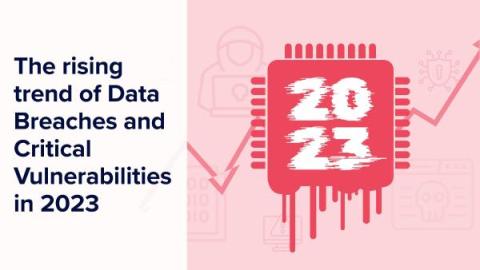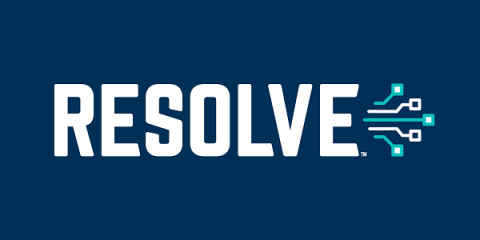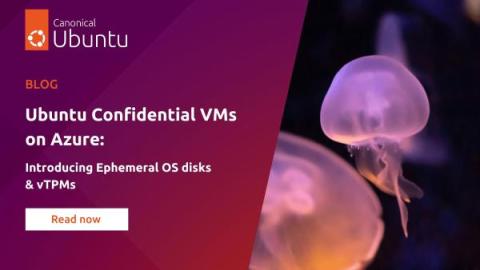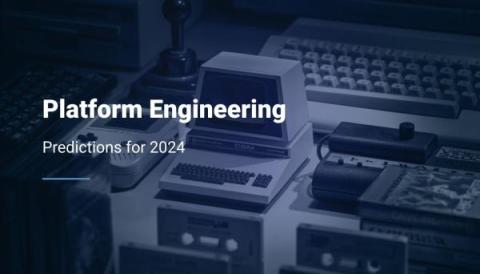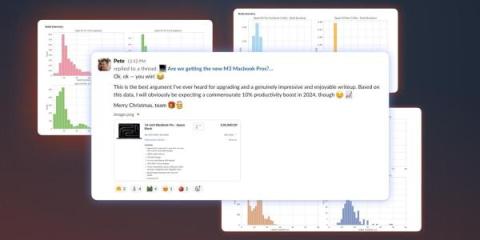The rising trend of Data Breaches and Critical Vulnerabilities in 2023
As the year comes to an end, we are taking a look back on the major data breaches and vulnerabilities that disrupted the security of both small, and large and very important organizations around the world and across all industries. According to a recently published report: As this trend is on the rise, governmental organizations and companies of every size put more emphasis on the security of their systems and networks.


